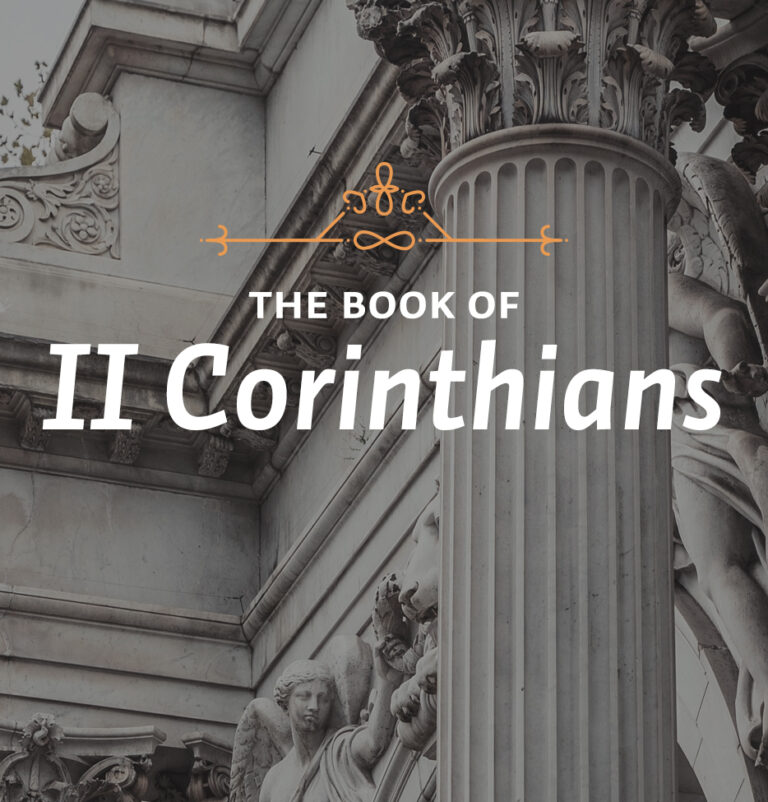
Knocked Down but Not Knocked Out — Part One
Knocked Down but Not Knocked Out2 Corinthians 4:1-18Theme: Treasures in jars of clay.This week’s lessons teach us the importance of having an eternal outlook on life.
Lesson

Knocked Down but Not Knocked Out2 Corinthians 4:1-18Theme: Treasures in jars of clay.This week’s lessons teach us the importance of having an eternal outlook on life.
Lesson

Knocked Down but Not Knocked Out2 Corinthians 4:1-18Theme: Treasures in jars of clay.This week’s lessons teach us the importance of having an eternal outlook on life.
Lesson

Knocked Down but Not Knocked Out2 Corinthians 4:1-18Theme: Treasures in jars of clay.This week’s lessons teach us the importance of having an eternal outlook on life.
Lesson

Knocked Down but Not Knocked Out2 Corinthians 4:1-18Theme: Treasures in jars of clay.This week’s lessons teach us the importance of having an eternal outlook on life.
Lesson

Knocked Down but Not Knocked Out2 Corinthians 4:1-18Theme: Treasures in jars of clay.This week’s lessons teach us the importance of having an eternal outlook on life.
Lesson

Partners in Ministry2 Corinthians 8:16 – 9:5Theme: Sharing.This week’s lessons teach us the blessing of carrying each other’s burdens.
Lesson

Partners in Ministry2 Corinthians 8:16 – 9:5Theme: Sharing.This week’s lessons teach us the blessing of carrying each other’s burdens.
Lesson

Partners in Ministry2 Corinthians 8:16 – 9:5Theme: Sharing.This week’s lessons teach us the blessing of carrying each other’s burdens.
Lesson

Partners in Ministry2 Corinthians 8:16 – 9:5Theme: Sharing.This week’s lessons teach us the blessing of carrying each other’s burdens.
Lesson

Partners in Ministry2 Corinthians 8:16 – 9:5Theme: Sharing.This week’s lessons teach us the blessing of carrying each other’s burdens.
Lesson

Acts 14 contains a repetition of the missionary pattern. We have already seen this pattern worked out at Antioch. Now we see it in each of these three cities of Galatia. Luke suggests this by his use of the words “as usual” in verse 1. “As usual” suggests a pattern. It is worth reviewing this pattern, because we are going to see it again and again.

I have outlined four parts to this basic ministry pattern: preaching, division, persecution, and growth. But when we come to the story of Paul’s work in Iconium, what is emphasized chiefly is the division, which ends in persecution. The division is explained carefully: “The Jews who refused to believe stirred up the Gentiles and poisoned their minds against the brothers” (v. 2). We should not be surprised at this, of course, because the Lord Himself said this would happen.

At the end of yesterday’s study, we said there was a puzzle over where an ancient boundary marker seemed to lie compared with what Luke had written in Acts. It was thought that the ancient marker was between the cities of Lystra and Derbe, which would have put them in a different province. And yet, Luke indicated a different boundary. Today we begin by looking at this puzzle.

We ought to compare this sermon with the one in chapter 13, which was spoken to a largely Jewish audience. In that chapter Paul quotes the Old Testament frequently, rehearsing God’s great acts in the Old Testament and in Jesus Christ. That is not the case here. Here Paul is speaking to a Gentile or pagan audience that had no knowledge of the Scriptures whatever. He couldn’t have told these people about God’s great acts in the Old Testament period, because they would not have known what he was talking about.

After the people tried to kill Paul, it was a good time to leave Lystra. The missionaries went on to Derbe. Luke does not tell us much about the ministry there, saying only in verse 21: “They preached the good news in that city and won a large number of disciples.” If in the earlier story the emphasis was upon division and the resulting persecution, here it is on the results.

Canadian Committee of The Bible Study Hour
PO Box 24087, RPO Josephine
North Bay, ON, P1B 0C7